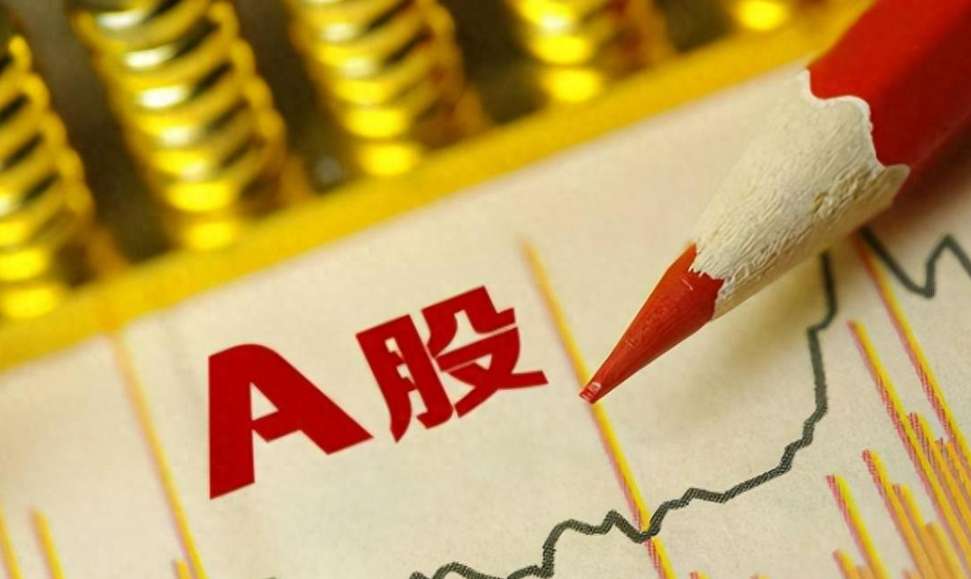Foreign Investment, Currency Stability Key for A-Shares
Advertisements
In the continually shifting landscape of Chinese financial markets, the interplay between domestic and foreign investment plays a pivotal role in stabilizing the A-share market. Recent trends indicate that domestic institutional strengths are waning, leaving foreign investment as the primary stabilizing force. The influence of these foreign investors is significantly tied to fluctuations in the Renminbi (RMB) exchange rate. Consequently, the reasons behind the recent downturn in A-shares can be traced back to these very issues. Fortunately, authorities have acknowledged these challenges and are now taking steps to address them.
The first notable event occurred on January 4, when the Shanghai Stock Exchange (SSE) and the Shenzhen Stock Exchange (SZSE) convened a meeting with foreign institutional investors to solicit their opinions regarding the current state of the A-share markets. This discussion marks a significant shift, highlighting the central role foreign investors play in the market.
It is essential to underscore how direct and unambiguous the coverage of this meeting was. Previous “stabilization” strategies often lacked transparency and left investors in a fog about how positive signals would practically translate into market movements. With this open dialogue, investors can glean a clearer understanding of official expectations towards foreign investments, promoting a healthier atmosphere for long-term investment in A-shares.
This event is monumental; it contrasts sharply with past initiatives aimed at providing support during downturns, which typically excluded foreign institutions. Historically, there has been a sentiment that foreign investment should not be relied upon for market rescues—an indication that each market participant must take responsibility for their own fate. The current engagement with foreign institutions could pave new pathways for ongoing support and stabilization for the A-share market in the future.

Even though not all foreign entities have established local offices in China, the meeting’s message can resonate globally through existing foreign institutions based in the country. This outreach illustrates China's commitment to enhancing its stock market and building an inviting environment for international investors.
Turning to events on January 6, central bank reports from various official media sources signaled a firm stabilization plan for the exchange rate. One prominent Chinese news outlet highlighted that the fourth-quarter meeting of the central bank erased previous wording regarding the enhancement of exchange rate flexibility, instead reinforcing the initiatives to manage the market proactively, tackle disruptive actions, and prevent a unilateral expectation from taking hold.
The stability of the RMB is intrinsically tied to the stability of China’s financial ecosystem. The Chinese central bank's clear messaging regarding exchange rate stabilization serves as a brake on the depreciating RMB, restoring confidence among those betting on A-shares while simultaneously cautioning those who may wish to short the market.
As we approach January 2025, solidifying the message around the RMB's stability becomes increasingly critical given the looming external uncertainties. Stabilizing the exchange rate establishes a robust foundation for safeguarding China's financial assets against turbulence.
It is crucial to understand that since October 2024, the RMB's valuation exhibited significant depreciation levels. A detailed analysis may reveal that amidst the broader basket of global currencies, the RMB's movements seem moderate; however, the more critical focus is the deviation from fundamental economic indicators. Such discrepancies can lead to havoc if expectations are mismanaged.
To reiterate, a single expectation can induce substantial volatility in the global currency markets. The ongoing imposition of tariffs worldwide raises the question of whether the exchange rate might experience additional misalignment. Without decisive interventions from the central bank or other national monetary authorities, financial markets could spiral into further chaos, with speculators likely to exploit any slide past the October 2022 low points.
Thus, prioritizing the message of currency stability is of utmost importance at this juncture. When exchange rates are stabilizing, confidence among international capital investors in A-shares naturally enhances, offering a psychological assurance to the market.
From an analytical perspective regarding the RMB's exchange rate trajectory, it is evident that regardless of global tax hikes, the currency must stabilize at its current levels to maintain the foundation of the Chinese financial market. In essence, the RMB currently teeters on an economic precipice, making these developments particularly critical.
Recent post
- 10-Year U.S. Treasury Yield Surpasses 4.7%
- Federal Reserve Slowdown in Rate Cuts
- The Evolution and Constancy of PCs
- Financial Firms Tap Bond Markets Amid Low Rates
- What Caused the Plunge in Commodity Prices?
- Time to Dive into AI Glasses Before It's Too Late
- Commodity Prices Fall as the U.S. Enters Recession
- Impact of Significant US Dollar Appreciation
- China Launches First Climate Change Bond Fund
- Interest Rate Cut Expectations: Latest Data!